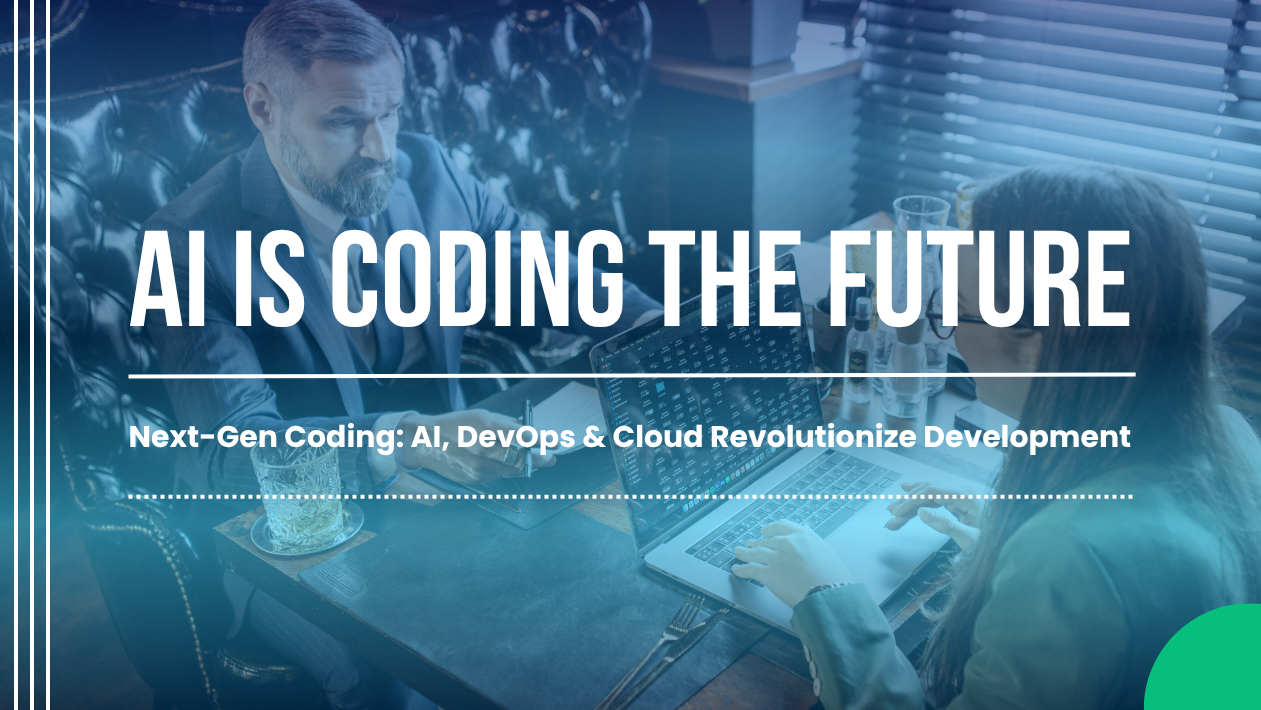The global IT infrastructure landscape is undergoing its fastest transformation in decades as enterprises shift toward cloud-native architectures, AI-driven optimization, and zero-trust security frameworks to meet the demands of a hyper-connected digital economy.
According to Gartner’s latest forecast, the IT infrastructure market is projected to reach $4.2 trillion by 2027, fueled by hybrid cloud adoption, edge computing growth, and the integration of AI in IT operations (AIOps).
Hybrid and Multi-Cloud Become the Default
Organizations are no longer tied to a single provider—multi-cloud strategies allow businesses to balance cost, performance, and regulatory compliance. Tech giants such as AWS, Microsoft Azure, and Google Cloud are expanding interoperability features to make workloads more portable across ecosystems.
AI-Driven Infrastructure Management
The rise of AIOps is transforming infrastructure monitoring and maintenance. AI algorithms now predict hardware failures, optimize resource allocation, and automate patching, reducing downtime and operational costs.
“AI is not just supporting IT infrastructure—it’s becoming the brain of it,” says Anika Rao, CTO at a global fintech company.
Edge Computing for Real-Time Applications
As industries like healthcare, manufacturing, and autonomous transportation require instant data processing, edge computing deployments are accelerating. This shift reduces latency, improves reliability, and supports IoT-driven innovation.
Zero-Trust Security as a Standard
Cyber threats continue to rise, making zero-trust architecture the new standard. Infrastructure teams are embedding identity verification, micro-segmentation, and continuous monitoring at every layer of the network.
Sustainable IT: Green Data Centers on the Rise
Sustainability is now a boardroom priority. Companies are investing in energy-efficient servers, liquid cooling systems, and renewable-powered data centers to reduce carbon footprints while improving performance.
Outlook: Infrastructure as a Competitive Edge
In 2025, IT infrastructure is no longer just a cost center—it’s a strategic enabler of business growth. Organizations with agile, AI-optimized, and sustainable infrastructure will gain a decisive edge in speed, innovation, and resilience.





